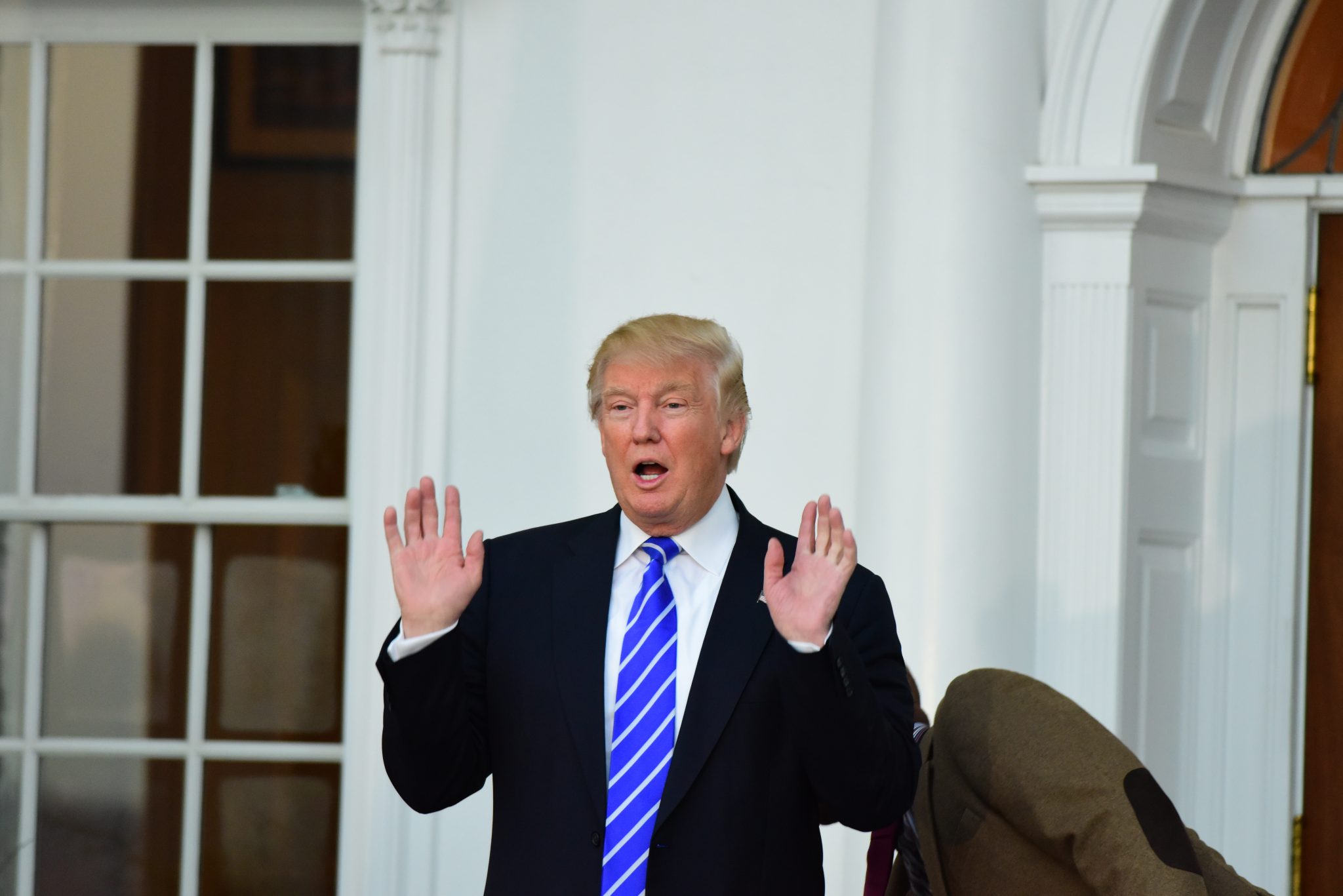Trump’s Iran Strikes: Diplomacy or War?

President Trump’s bold military strategy against Iran’s nuclear ambitions surprises the world, igniting debates over diplomacy and force.
At a Glance
- The U.S. launched selective airstrikes on Iran’s nuclear sites, escalating regional tensions.
- Trump’s diplomatic overtures faced silence from Iran’s Supreme Leader Khamenei.
- The operation, named “Midnight Hammer,” marked significant damage to the sites.
- Critics question the constitutionality of Trump’s decision without full Congressional approval.
Military Strikes on Iranian Nuclear Facilities
In an unprecedented move, the United States targeted three major nuclear sites in Iran at Fordo, Natanz, and Isfahan. The strikes, executed by seven B-2 bombers and a U.S. submarine using Massive Ordnance Penetrators and Tomahawk missiles, aimed to obliterate Iran’s nuclear advancement. According to President Donald Trump, the operation was “very successful,” although Iran has condemned the strikes as violations of international law. Iran’s lack of immediate military retaliation kept the element of surprise intact for U.S. forces.
Retired Gen. Barry McCaffrey labeled the strikes as a “bold and good move,” while fears lingered about escalating into broader conflict with concerns over commercial shipping threats in the Arabian Peninsula. Speaker Mike Johnson praised the operation as a testament to Trump’s commitment to peace through strength, although it faced bipartisan criticism for bypassing Congressional authorization. President Trump had informed key allies, including Israel, before the decisive blow.
A Cold Response from Iran’s Leadership
The absence of Iran’s Supreme Leader Ayatollah Ali Khamenei in responding to President Trump’s diplomatic efforts is conspicuous. Trump had coordinated with Turkey’s President Erdoğan to initiate dialogues. However, Khamenei’s silence raises questions about Iran’s political strategies. Observers are concerned whether it signifies strategic non-engagement or deeper internal posturing within the regime. While diplomatic avenues seem blocked, military confrontation risks hover, urged by Trump’s warning of further American action.
Amidst international plaudits and condemnations, Iran’s ballistic response with missile attacks on Israel indicates a precarious escalation. With heightened security measures in Israel and the U.S., including the evacuation of U.S. embassy personnel in Iraq, the urgency to prevent further conflict amplifies.
The Greater Impact and the Road Ahead
Indeed, safety measures are necessary as the Iranian conflict poses threats on multiple fronts. The U.N. Security Council, at Iran’s behest, prepares for an emergency meeting, spotlighting international concerns. Critics, including those within U.S. governance, demand accountability for bypassing standard legislative procedures. What remains is a diplomatic tightrope, where the stakes for peace or devastation hang in balance, swayed by military might and diplomatic resolve.
This stands as a time of testing diplomatic endurance and strategic military prowess. While the absence of Iran’s leadership in talks is an ominous silence, Trump’s forceful approach can’t go unnoticed. The dialogue between potential peace and impending war continues its complex dance, as international and domestic stakeholders watch with bated breath.
